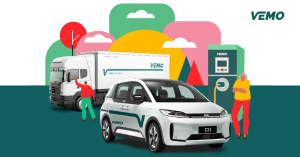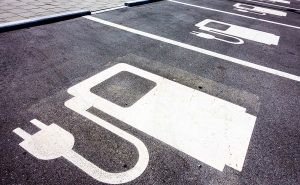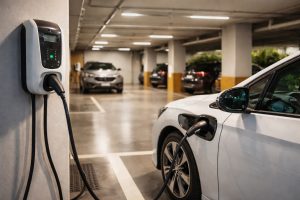
Colombia: Automotive Industry disagrees with VAT-Free Day for Electric Vehicles

Representatives of the automotive sector in Colombia expressed their disagreement with the proposal of government authorities to apply the third VAT-free day to domestic and imported electric vehicles.
According to a report in the local media El Tiempo, they argue that this measure would benefit only a few and would not contribute to the reactivation of the sector.
Pedro Nel Quijano, President of the Association of Automotive Dealers (Aconautos), in dialogues with El Tiempo, pointed out that what the sector needs are permanent measures to encourage the adoption of electric vehicles.
“If this clamor were to be addressed, the idea would be a VAT or Impoconsumo rebate for all vehicles,” said Quijano. He believes that a single day of tax exemption would not have a significant impact on the automotive market, since the process of buying a vehicle usually takes more than a day.
You may also read: Colombia: Cali Mayor’s Office Installs 11 Charging Points for Electric Vehicles

Along the same lines, Oliverio García Basurto, President of the National Association for Sustainable Mobility (Andemos), suggests that a permanent tax exemption would incentivize investment in charging infrastructure and the manufacturing of electric vehicles.
“Developing a domestic market for electric vehicles will allow us to attract foreign investment in the whole chain of the electromobility ecosystem,” said García Basurto in conversations with El Tiempo.
The Data
In the first half of 2024, new vehicle sales in Colombia registered a 6.1% decrease compared to the same period of the previous year, with a total of 85,281 units sold. However, the electric and hybrid vehicle segment showed a 41% growth, reaching nearly 13,900 units sold, according to Andemos records.
Aconautos’ Quijano also mentions that the deterioration of economic variables has driven consumers away from dealers, so he insists on the elimination of the Excise Tax or the reduction of VAT to promote sales.
According to Aconautos’ figures, the 432 dealerships operating in the country employ close to 90,000 people directly and some 60,000 indirectly, generating a total of 150,000 jobs.





